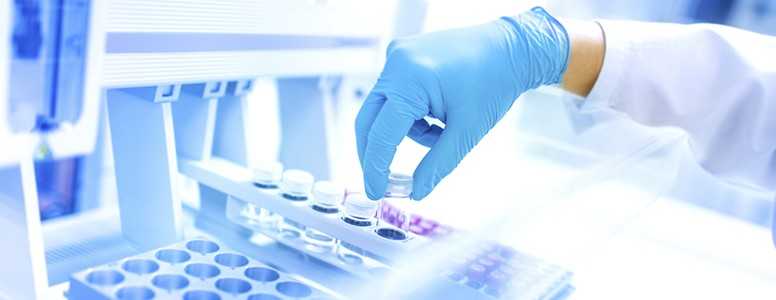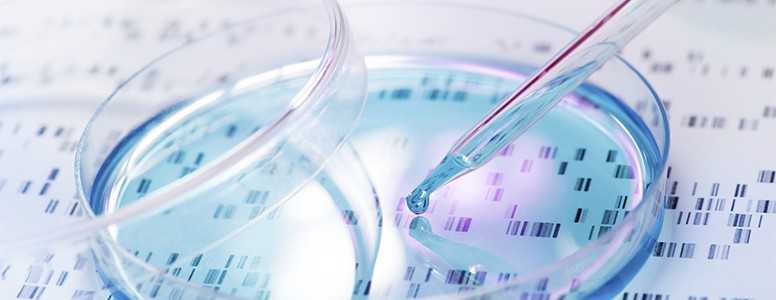A team of researchers have successfully developed stem cells that successfully mature into insulin producing cells when implanted into mice.
Researchers have discovered a protein that activates a process which overcomes a longstanding obstacle in generating fully functional pancreatic beta cells.
Professor Ronald Evans is a molecular biologist at the Salk Institute, who led the study published this week in the journal Cell Metabolism. He said: “In a dish, with this one switch, it’s possible to produce a functional human beta cell that’s responding almost as well as the natural thing.
“This has been a major blockade, and overcoming it has been a major challenge to the field.”
Stem cells have historically stalled out in an early stage when grown in the lab, so the research team worked on the developmental points between a stem cell and a fully-grown cell type.
To establish the differences between fetal and adult beta cells and determine what might trigger the next step in the process, they looked at human cells’ transcriptomes. They discovered that a nuclear receptor protein, estrogen-related receptor gamma (ERR-gamma), occurred in much larger amounts in adult beta cells. The team had previously worked with the protein, which helps to promote endurance running.
Surprise
Professor Evans added: “In muscle, ERR-gamma induces greater mitochondrial growth and promotes oxidative use of sugars and lipids to generate energy. It was a little bit of a surprise to see that beta cells produce a high level of this regulator, but beta cells have to release massive amounts of insulin quickly to control sugar levels. It’s a very energy-intensive process.”
When the researchers raised mice that lacked ERR-gamma, the animals’ beta cells could not produce insulin in response to blood glucose spikes. But when the team instructed human beta-like cells grown in the lab to produce more ERR-gamma, “Voilà,” according to Evans. The cells in culture began to respond to glucose and release insulin.
To further test the dish-matured cells, the researchers transplanted them into mice that lacked beta cells. From the first day of transplantatio, the cells produced insulin in response to glucose spikes in the mice’s blood, alleviating the modeled diabetes.
Professor Evans said, “We were very excited when we saw that” and added: “I believe this work transitions us to a new era in creating functional beta cells at will.”
The researchers are planning to explore this process in more complicated models for treating diabetes.
What's new on the forum? ⭐️
Get our free newsletters
Stay up to date with the latest news, research and breakthroughs.




